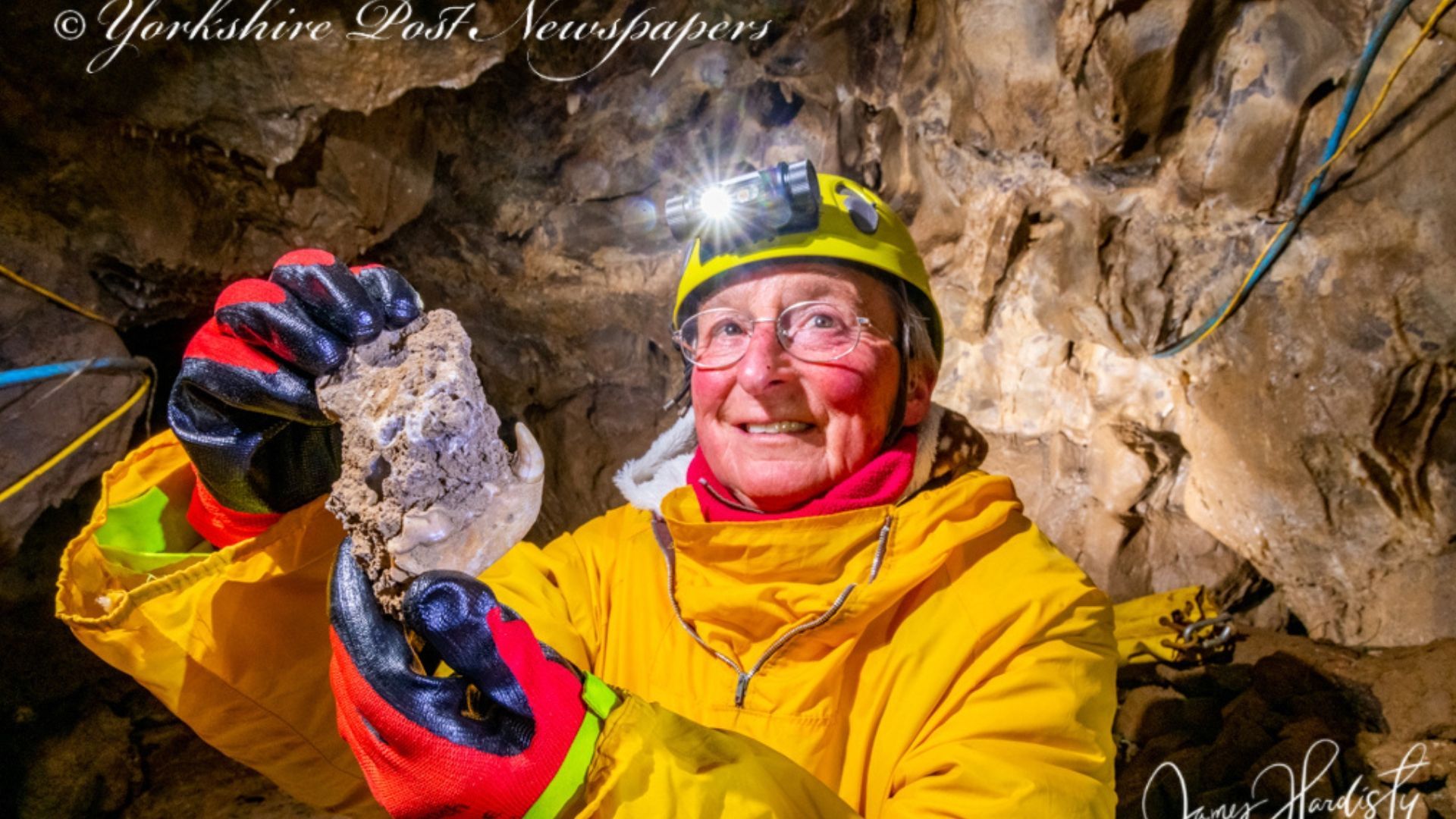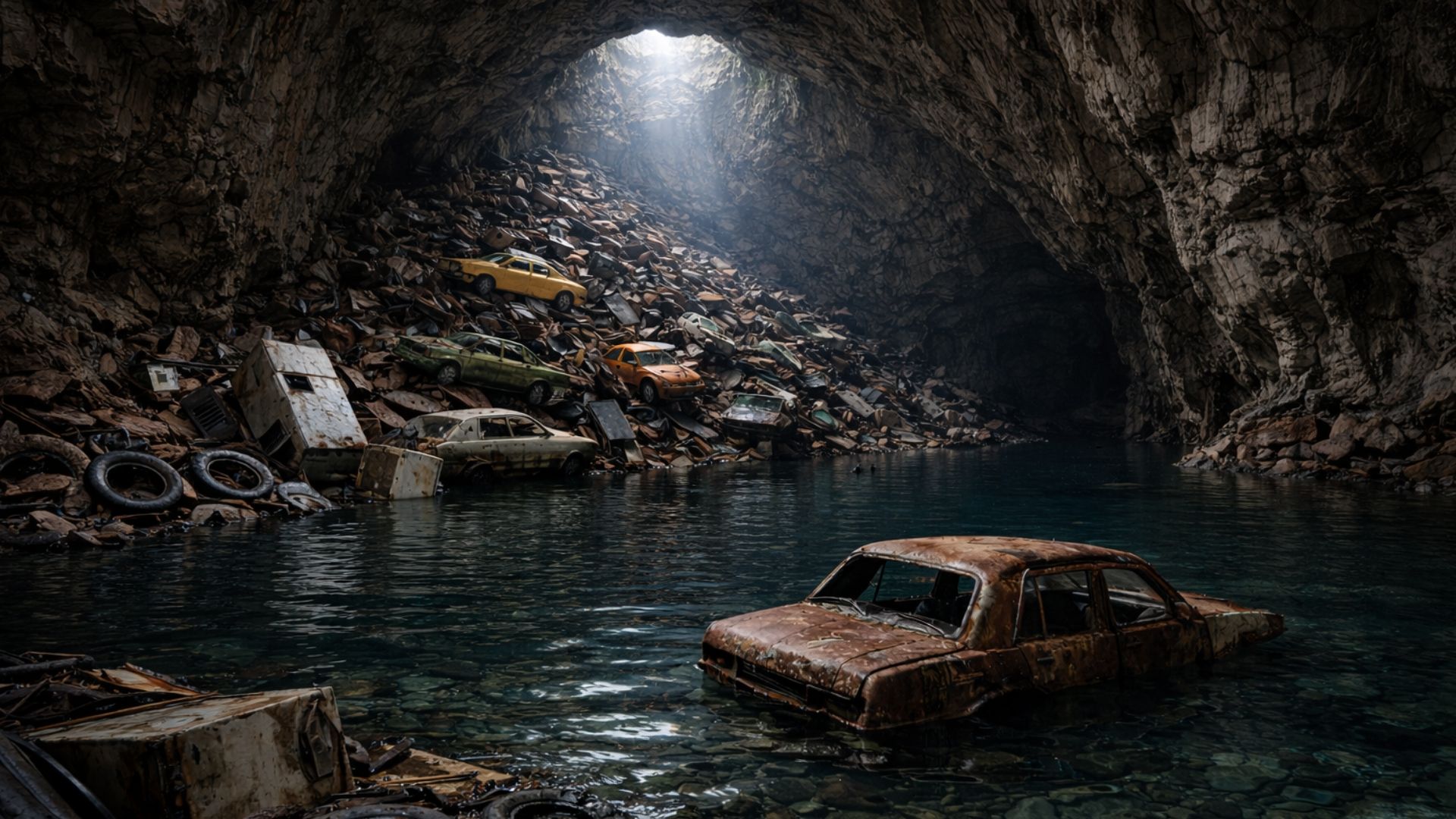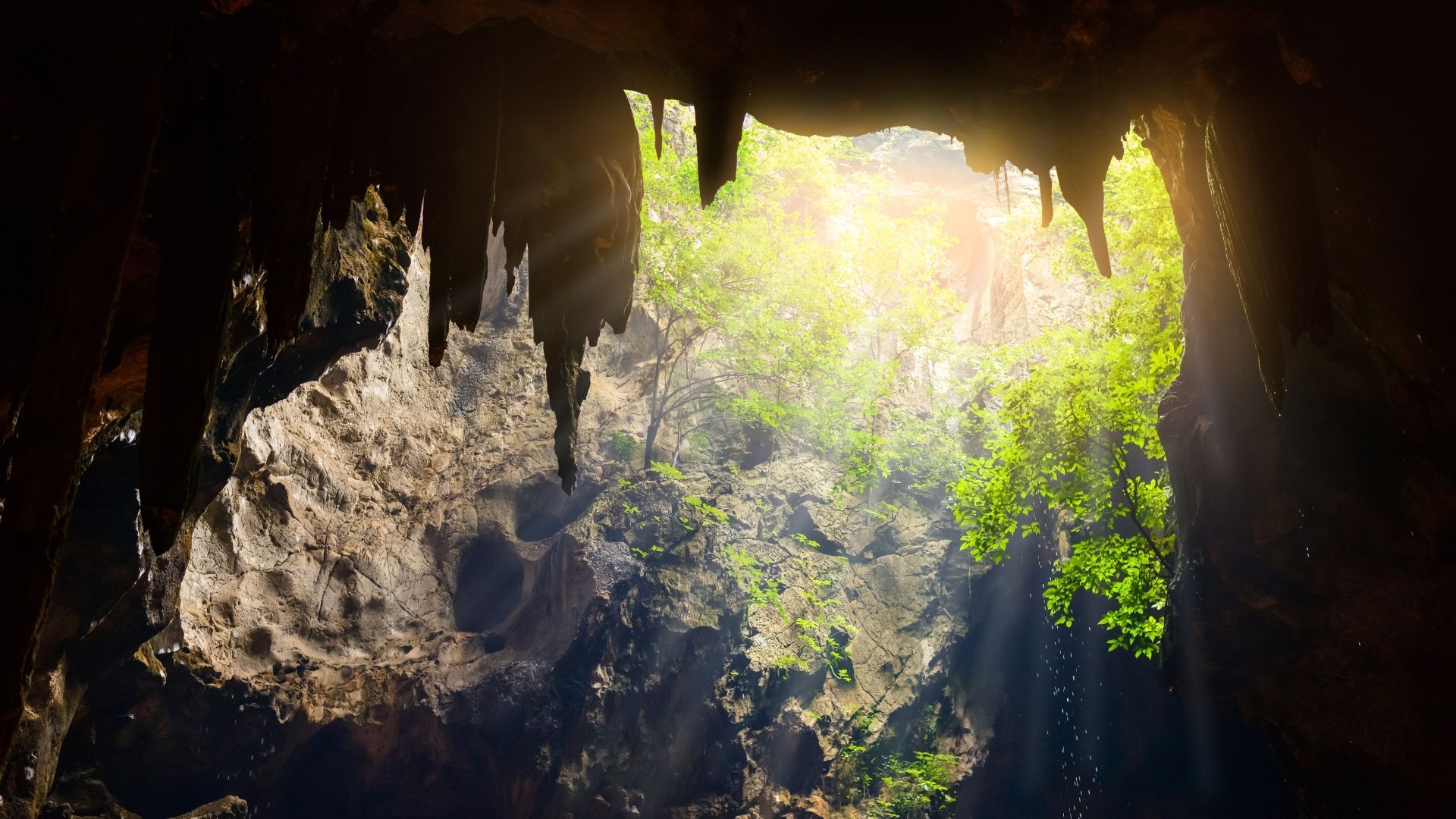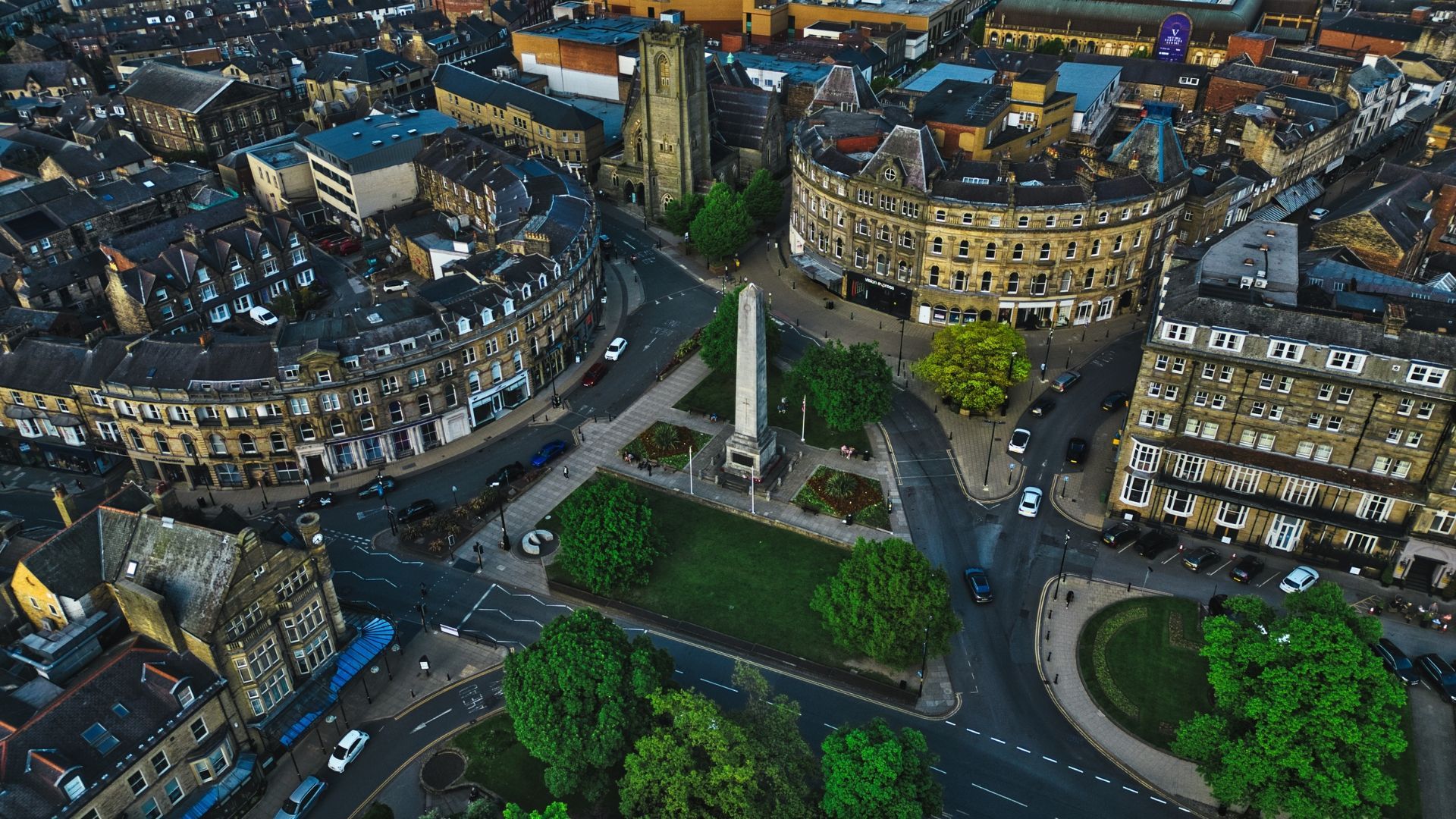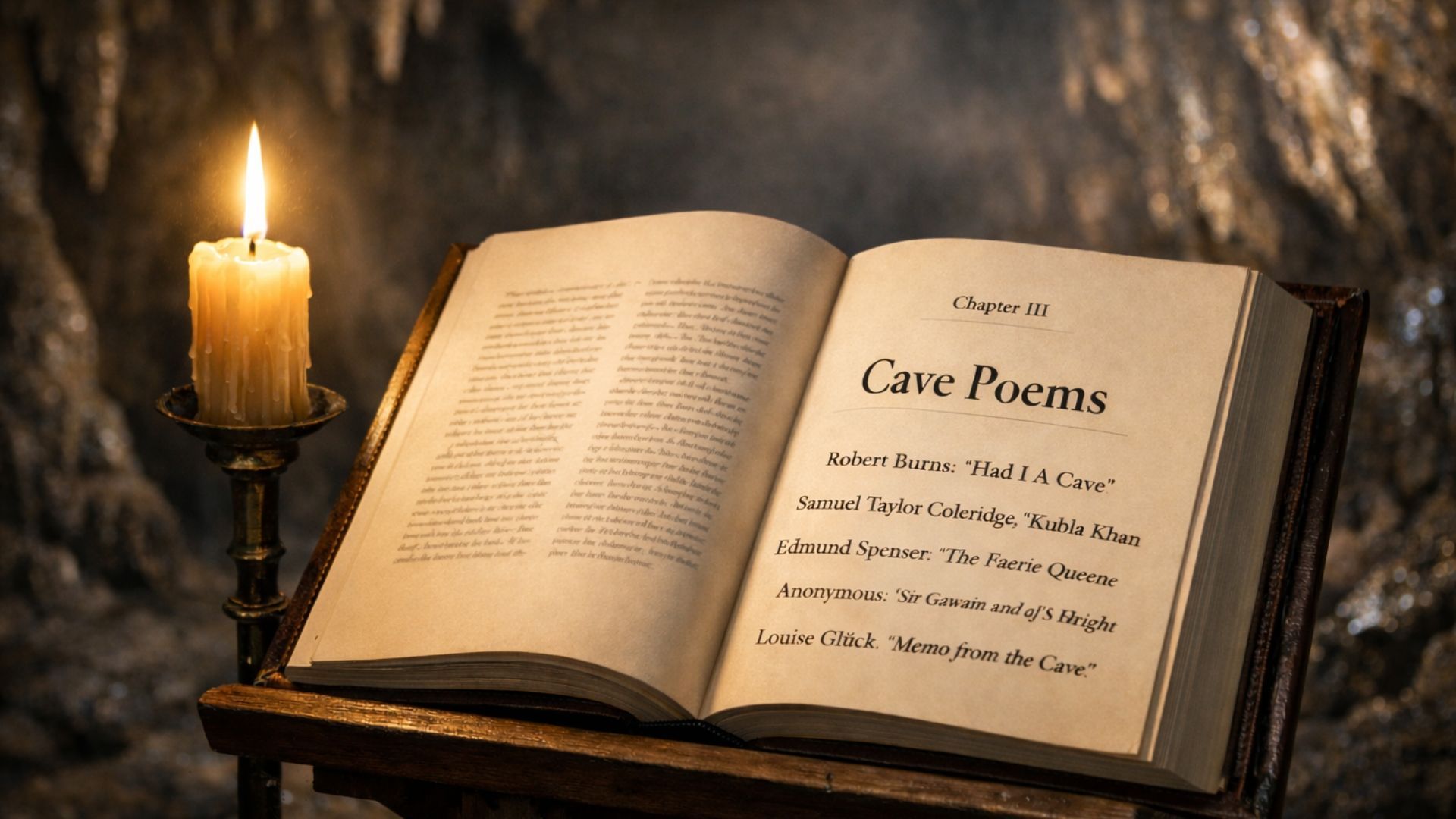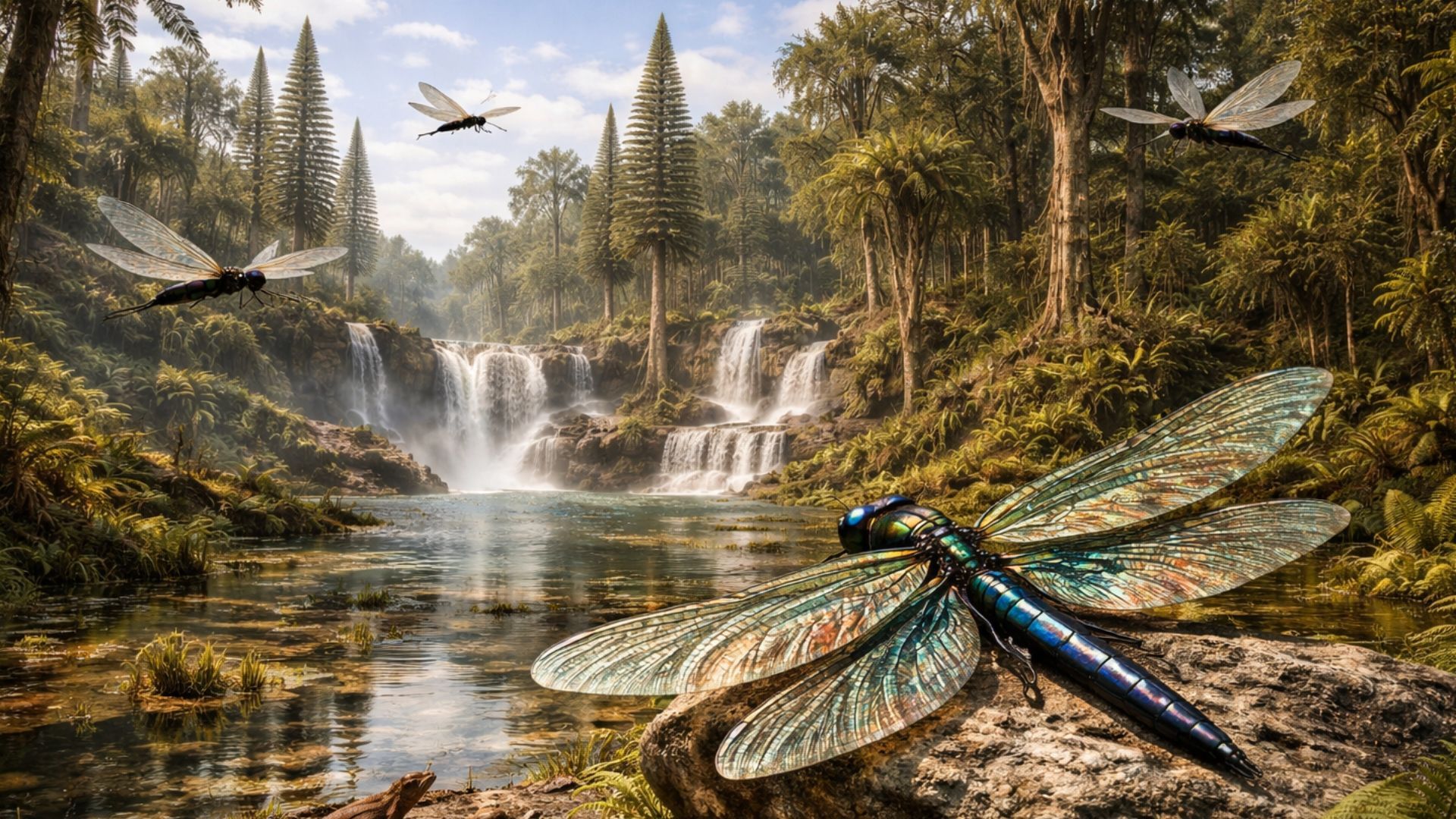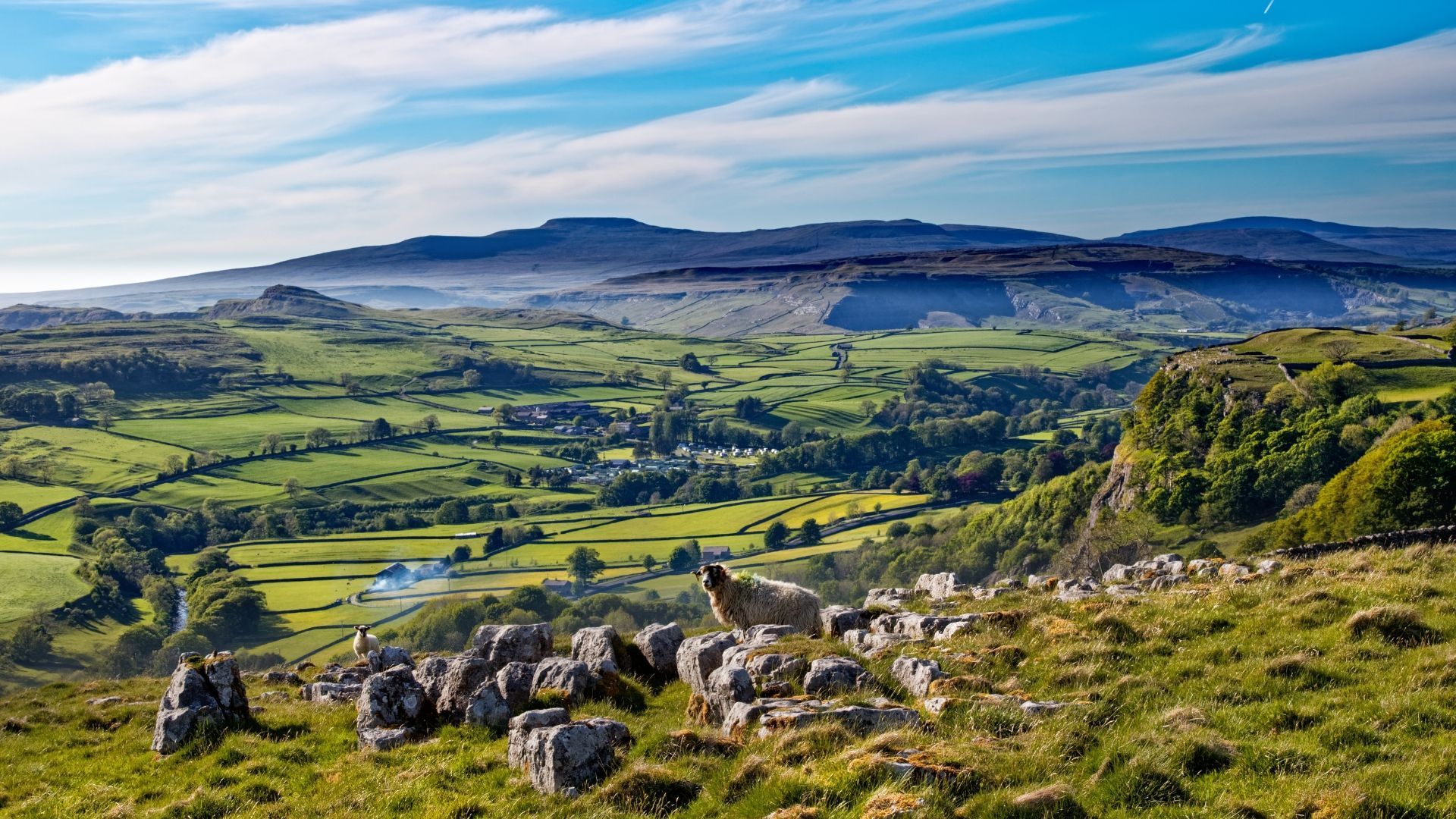Caves figure heavily in myths and legends from across the centuries and across the world. Discover 6 enthralling examples today.
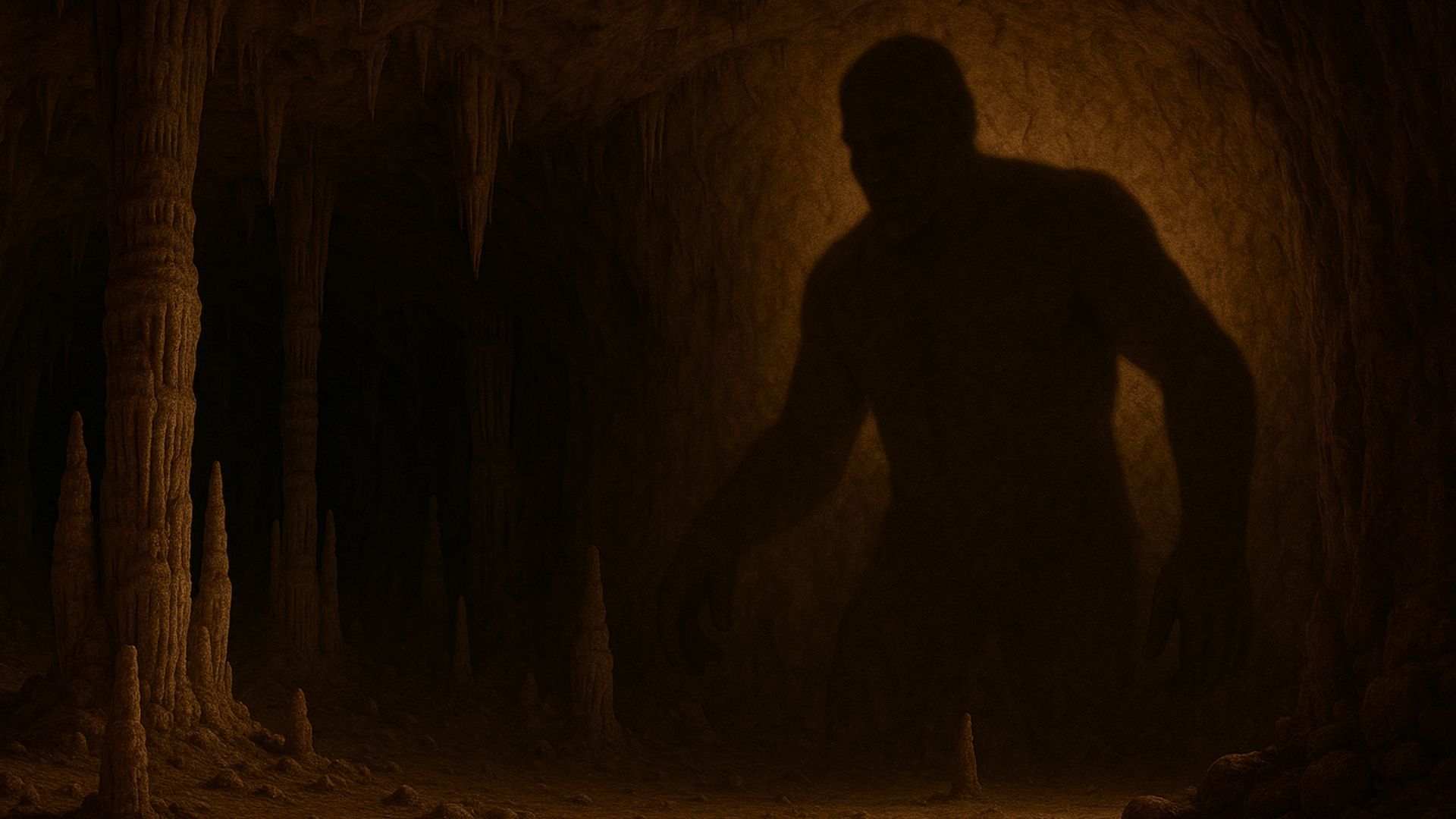
Dip into the myths and legends of any culture and one thing soon becomes clear. No matter where in the world they lived, our ancestors had their imaginations sparked by the natural world again and again.
Sometimes, the natural world features as a backdrop for tales of men, giants, fairies and other creatures. At other times, the natural world seems to play as big a role as any creature – if not more.
Caves, for instance, often crop up in myths and legends as a source of mystery. They might be home to supernatural beings or a portal into another reality.
Visiting a show cave like Stump Cross Caverns, it's not difficult to see why. Caves are many things – but you'd be hard pushed to describe them without reaching for the word "mysterious". Is it any wonder that our ancestors would peer into the prehistoric dark and come up with fantastical stories?
Here, then, are six myths and legends from around the world featuring caves. First up: a gorgeously intricate sea cave off the coast of Scotland.
1. Fingal's Cave, Scotland
Fingal's Cave is a spooky sea cave made out of hexagonal basalt columns. These columns formed millions of years ago when a huge lava flow cooled and solidified.
Located on the uninhabited island of Staffa in Scotland's Inner Hebrides, Fingal's Cave has inspired many poets, painters – and myth-makers.
One persistent myth regards Fionn Mac Cumhail, the much-mentioned giant in Scottish and Irish mythology.
Legend has it that Fionn Mac Cumhail guarded the coastline of County Antrim, Ireland. One day, he received a threat from the Scottish giant Benandonner.
Fionn acted decisively and ruthlessly. He threw huge basalt rocks into the sea and marched across them to settle matters with his Scottish antagonist. Yikes!
2. Dunmore Cave, Ireland
Dunmore Cave is an Irish cousin of Stump Cross Caverns – a limestone show cave located around seven miles from Kilkenny City. Inside, there are around 300 metres of chambers and winding passageways.

Dunmore is famous as the site of a Viking massacre in 928. But it's also the setting of some long-lasting myths and legends.
It's said to have been a place of refuge for Dame Alice Kyteler. Alice was a medieval woman, born around 1260, who was accused of witchcraft and sentenced to death.
Unlike many other women in her predicament, Alice managed to escape. Legend has it that she hid in Dunmore Cave before fleeing to either England or Flanders.
Dunmore Cave is also famous as the location of a dancing floor for fairies known as the Fairy Floor. Another myth sees an Irish warrior named Aithbel kill a feline monster called "the Lord of the Mice".
3. Caves of Kesh, Ireland
The Caves of Kesh go by several names. Sometimes called the "Keash Caves" or the "Caves of Keshcorran", they consist of 16 limestone caves near the village of Keash in County Sligo.
These caves are significant in Irish folklore for several reasons. They're said to be the place where Lughnasadh, the Gaelic harvest festival, was celebrated. They crop up, too, in many folk tales as an entrance to the underworld.
Perhaps most vividly, the caves are said to be the birthplace of Cormac mac Airt, one of the High Kings of Ireland. In a tale echoing the Roman legend of Romulus and Remus, Cormac mac Airt was reputedly raised by wolves.
4. The allegory of the cave, Ancient Greece
What is reality? It's a question posed by the Greek philosopher Plato in his seminal work The Republic. Plato answers this question in the form of an allegory (a story with a hidden meaning).
In the allegory of the cave, humanity is compared to prisoners confined to a cave. All they see are the shadows and sounds cast on the wall by "sign bearers". They think these signs are real – but in fact, reality is going on outside the cave.
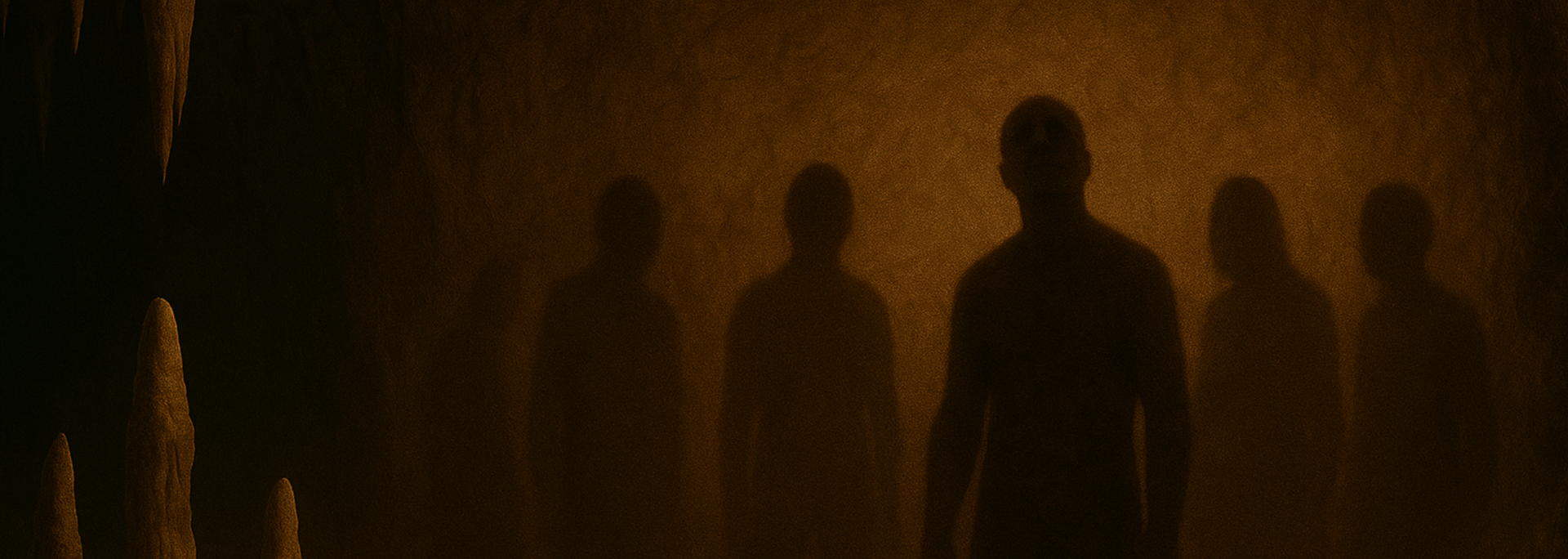
A philosopher, Plato says, is like a prisoner who has left the cave and realised that the shadows aren't reality. Most of us, however, are happy to stay in our cave-prison, mistaking signs for reality.
5. The legend of the muki
In the mines of Bolivia, Peru, Ecuador and Colombia is said to live a small, goblin-like creature known as a muki.
Sometimes the muki help miners find the materials they're looking for. Sometimes, they even go so far as to soften the veins in the walls of rock to make the miner's job easier.
But at other times, muki are devious and dangerous. If you hear them whistle, watch out – they may be looking for a child to kidnap.
There are different types of muki. However, most are said to look like small, goblin-like miners with hypnotic eyes and an aggressive attitude.
6. Amanoyasugawara, Japan
Amanoyasugawara is a large cave about 10 minutes from Amanoiwato Shrine in the town of Takachiho, Japan.
The shrine is dedicated to the Shinto sun-goddess Amaterasu. According to a famous myth, the cave is where she hid after a fight with her brother.
This simple action had devastating results. Hidden inside the cave, Amaterasu plunged the world into total darkness.
Disasters befell the world. The gods gathered by the riverbank to try to find a solution to this cosmic conundrum.
After much deliberation, she was finally coaxed out of the cave by Ame-no-Uzume, the goddess of dawn, revelry and the arts.
Amanoyasugawara is a popular destination for pilgrims seeking good fortune. If you visit today, you'll see lots of small piles of stones. These are left by visitors who go on to make a wish.
Stump Cross Caverns is a network of limestone caves in the Yorkshire Dales. Looking for a family day out you won't forget? Take a tour underground and discover the ancient mysteries hidden below. You'll find the best deals when you book your tickets online.

